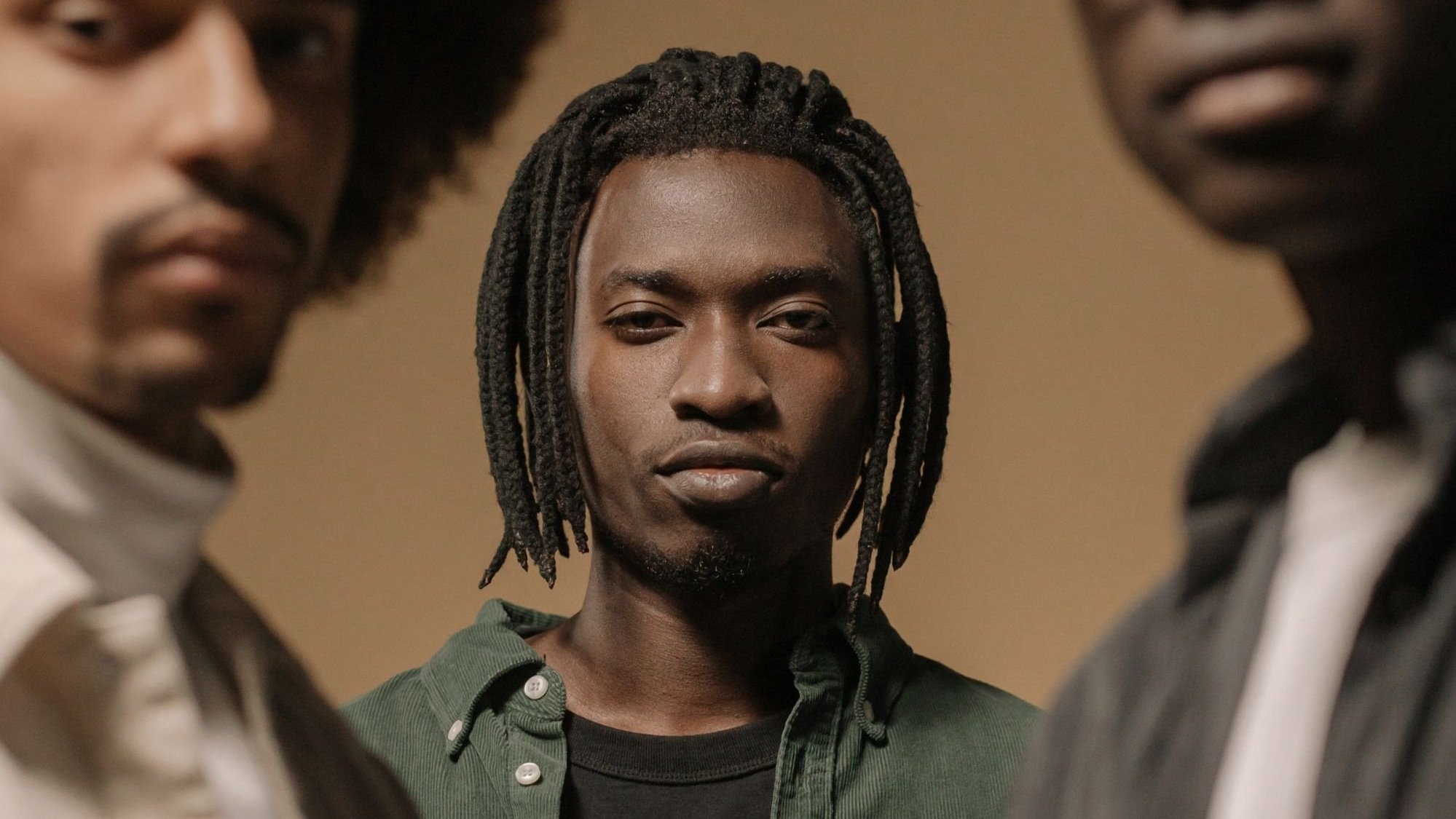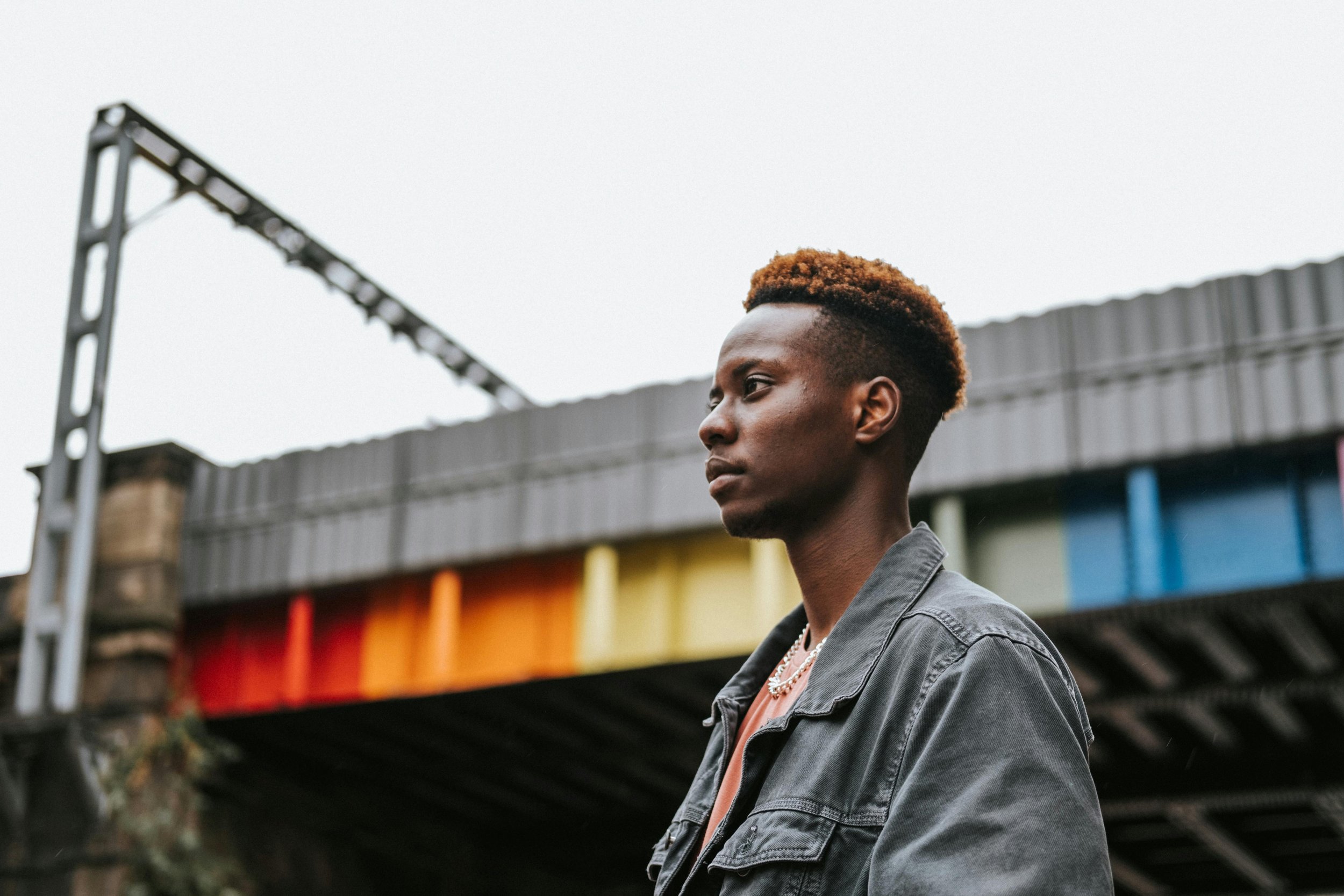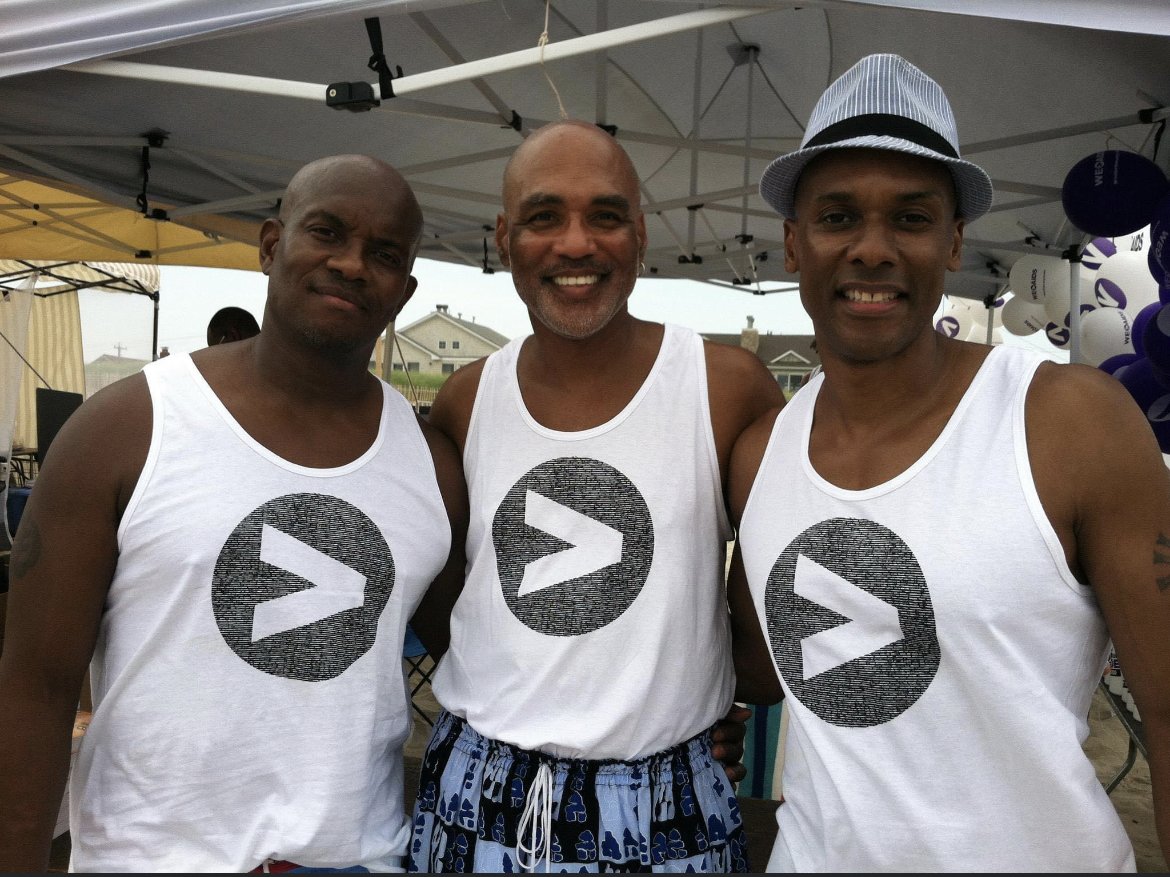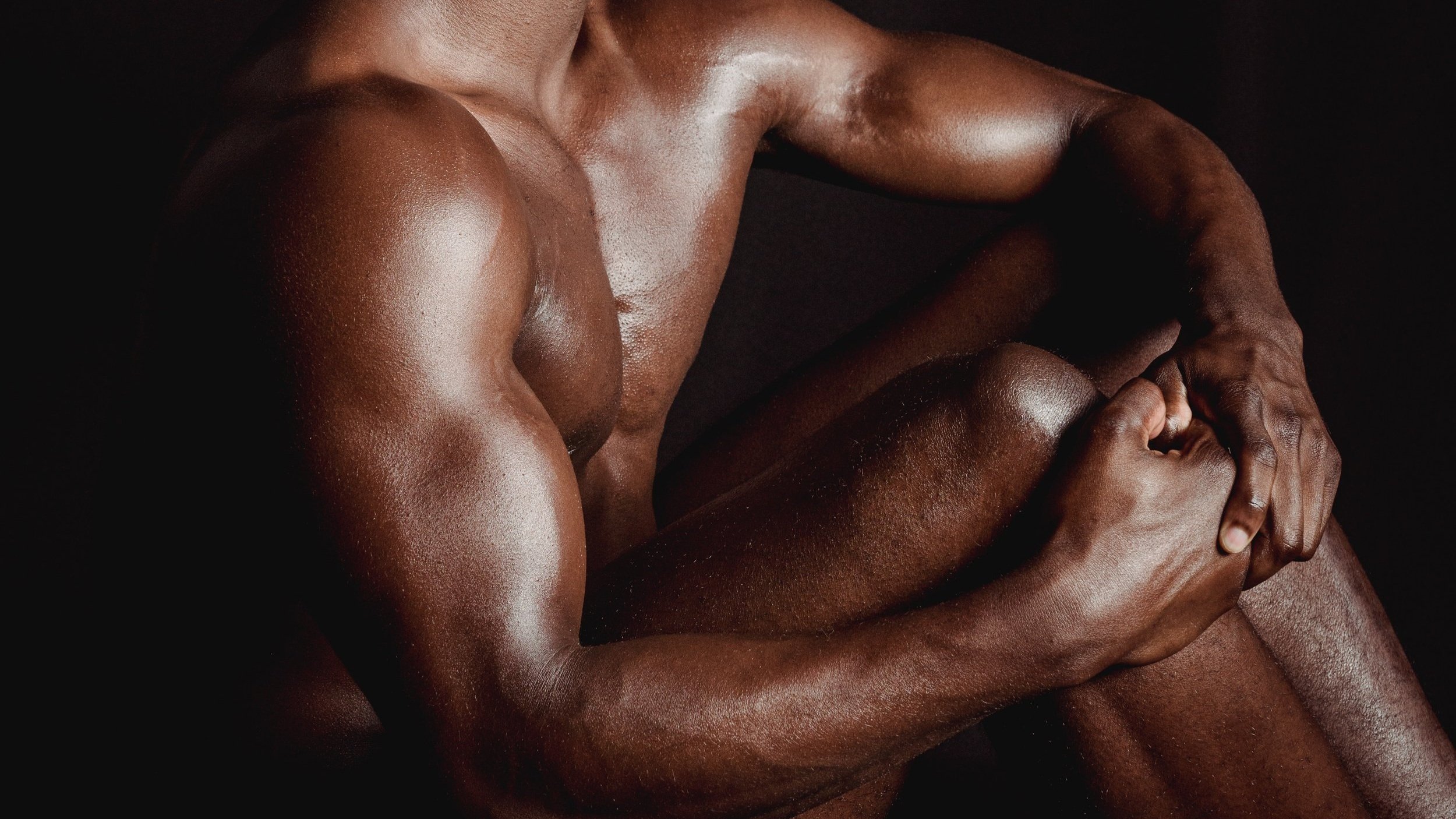Unpacking Black Queer Men’s Nuanced Ambivalence to Jerrod Carmichael’s Breakout Show
It has been just over a month since Jerrod Carmichael launched his groundbreaking series, the Jerrod Carmichael Reality Show. Unlike his 2015 scripted show, featured on NBC, this new series was packaged as an authentic and transparent view of Carmichael’s (who is Black and gay) world.












